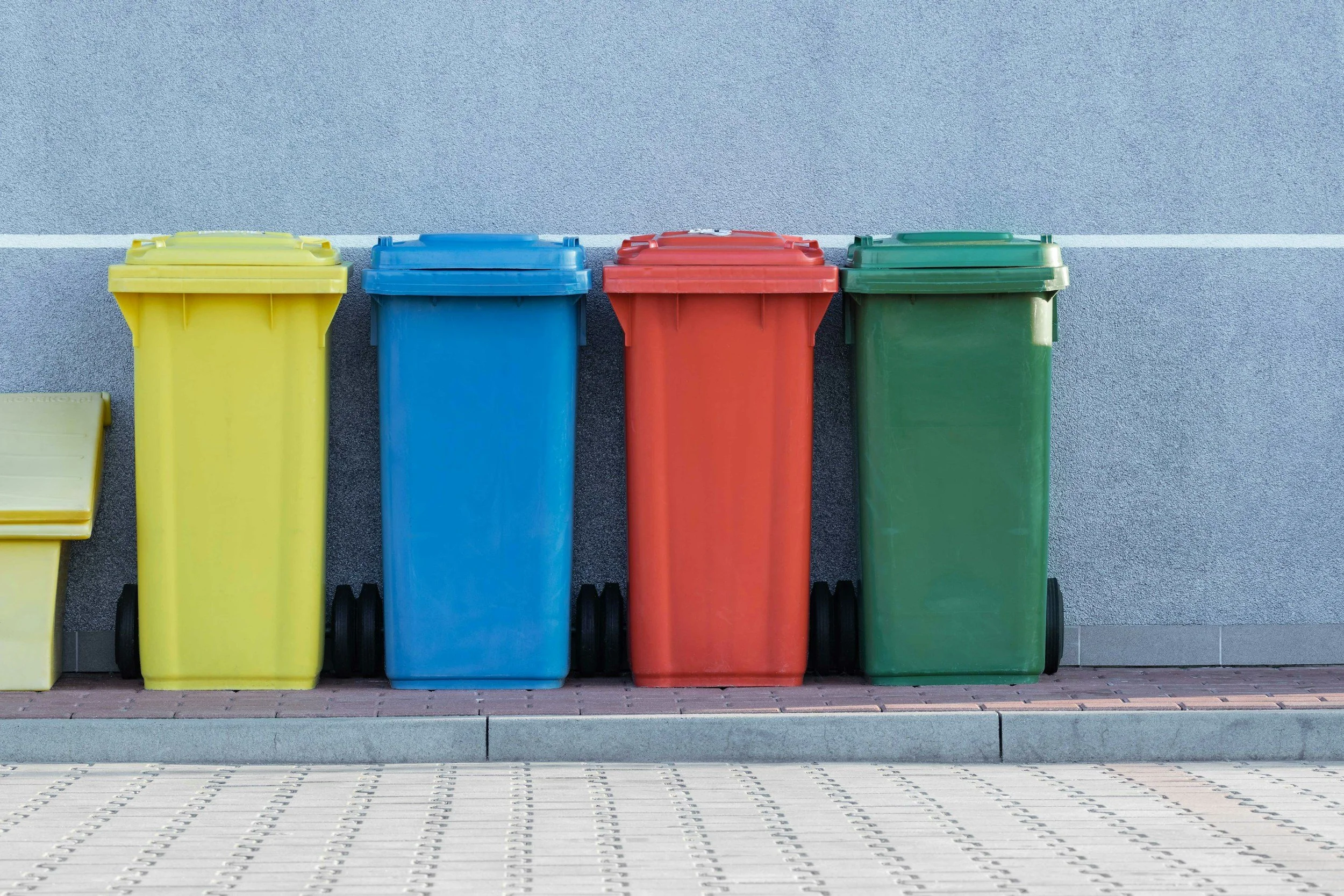SMALL BUSINESS MARKETING BLOG
Smart Waste Management Tips for Office Moves and Refits
Office moves and refurbishments create more waste than most expect. Large items, packaging, and leftover debris pile up fast and can't be handled with regular bins or council collections.
Effective waste management during commercial moves and refits requires careful planning and appropriate disposal methods. Many businesses underestimate both the volume of waste produced and the logistics involved in removing it. Without a structured approach, companies risk project delays, compliance issues, and unnecessary expenses that can impact the bottom line.
The challenge for most small and medium enterprises lies in finding practical solutions that balance convenience, cost, and environmental responsibility. With increasing pressure on businesses to demonstrate sustainable practices, choosing the right waste management strategy has become an important component of successful office transformations.
The Hidden Waste Challenges of Office Relocations
Businesses often face unexpected complications during office relocations when waste becomes visible. The average office move generates 15-20 tonnes of waste materials. Everything from unwanted desks to obsolete electronics quickly fills available space.
Office projects produce various waste streams, each requiring a different disposal approach. Furniture such as desks may be suitable for reuse, reducing both environmental impact and disposal costs. Electronic waste including computers requires compliance with WEEE regulations to prevent hazardous components from entering landfill.
Identifying these differences early allows businesses to allocate the right resources for each waste stream. Failing to address these details puts companies at risk of penalties under the Environmental Protection Act. Early coordination with affordable skip hire in Surrey provides an important preventative step.
Improper office waste disposal has measurable local impact. Commercial waste contributes to landfill sites where decomposing materials increase greenhouse gas emissions. Electronics in general waste release hazardous substances that can contaminate soil and water. Using authorised recycling channels protects the environment and maintains business compliance.
Waste Auditing Before Your Office Project Begins
A thorough assessment of the workspace forms the basis of good waste planning. All items intended for removal should be identified and listed while moving through the premises. Using a simple spreadsheet organised into categories allows for easy grouping.
Each asset on your inventory should be carefully reviewed to determine where it belongs next. Some items, like desks in good condition, might remain useful within another department. Others may serve a positive purpose when donated to local charities or schools.
This considered process makes clear which materials justify placement in a skip and which are better routed elsewhere. Organisations can avoid unnecessary skip hire and improve the chance for materials to benefit others.
Electronics require proper handling under WEEE regulations. Licensed recyclers often collect these free of charge, reducing project costs and compliance risks. Document shredding also warrants attention at this stage to close data protection gaps.
Sustainable Disposal Options for Office Equipment
Redistributing surplus furniture remains one of the simplest ways to clear workspaces without unnecessary expense. Usable office chairs, desks, and storage units can often be offered to local organisations seeking affordable alternatives.
Electronic equipment needs to be managed with care and in compliance with WEEE regulations. Partnering with licensed IT recyclers prevents environmental harm and avoids regulatory breaches. These professionals separate recoverable metals while issuing certificates of destruction.
Document disposal requires secure, certifiable shredding in line with the Data Protection Act. Contracting a reputable shredding service provides on-site destruction. This ensures confidential information is destroyed before entering recycling channels.
Logistics Planning for Efficient Waste Removal
Managing waste removal logistics effectively determines the overall success of an office move or refit. Selecting the suitable skip size saves resources and avoids overspending. The UK Environment Agency recommends discussing intended waste volumes with a licensed provider.
Providers offer 4-yard skips for small volumes of light waste, while 8-yard and 12-yard skips accommodate progressively larger loads. Consulting specific measurements published by licensed local providers ensures compliance with site requirements.
Careful timing of waste collections minimises disruption to business activities. Deliveries arranged for early mornings or weekends often cause less interference with regular operations. Where projects occur in multiple phases, sequential use of skips allows for better space allocation.
Permits are essential when placing skips on public roads in Surrey. Businesses must apply to the local council several working days before skip delivery. Private premises usually avoid this requirement but need direct access for the delivery vehicle.
Building Waste Management into Your Business Sustainability Strategy
In Surrey, businesses must comply with waste regulations that place a duty of care on the proper handling of all commercial waste. The Environmental Protection Act requires documentation and use of licensed carriers. Planning ahead helps meet both legal and environmental requirements.
Measurement of waste diversion offers solid data supporting sustainability reporting. The total weight of materials generated during a project can be documented along with the proportion destined for reuse or recycling.
Direct employee participation increases organisational waste reduction goals. Team members can assist by identifying potential items for reuse within the business and suggesting local groups for donations.
Surrey County Council reports that well-prepared office projects have improved landfill diversion through certified recyclers, furniture donations, and right-sized skip hire. Businesses documenting their planning processes gain recognition during environmental audits.

